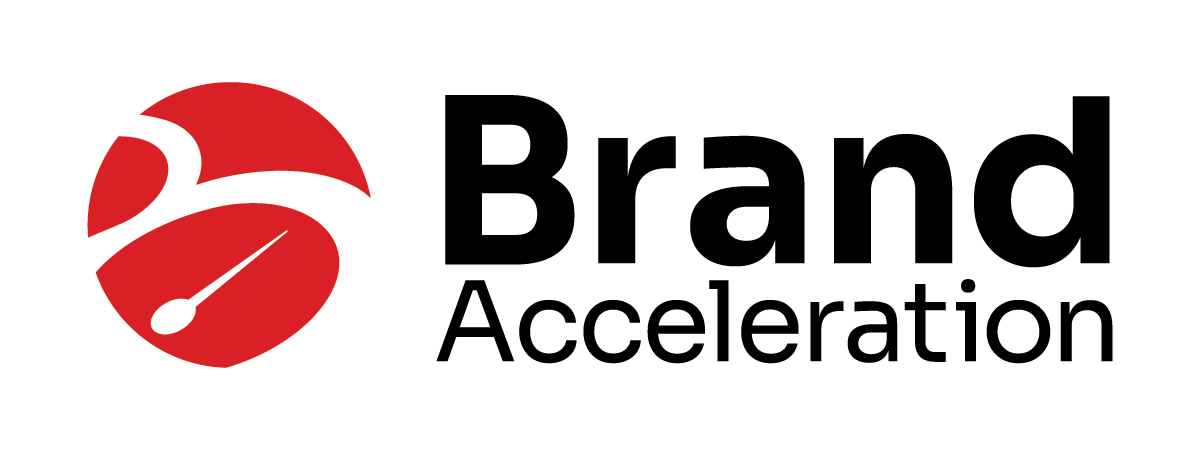I was recently in a meeting where I met a business owner who was pitching a relationship with a large Asian company. After several discussions with junior executives in the United States, he was invited to meet with the company President in Japan. His directive was to lay out his company’s long-range business plan and to explain how the two companies would partner for their mutual success.
He diligently crunched the numbers, led countless internal planning sessions and prepared his presentation. On his flight to Japan, he reviewed his presentation until he had memorized every word. He carefully anticipated every possible question and practiced each answer. He was set! Nothing could possible surprise him.
At the company headquarters, he gave a beautiful presentation, carefully detailing every reason why the two companies should forge a relationship. As directed, he presented his company’s long-range business plan, showing how they would look in five, ten and fifteen years. Brilliant!
The Japanese gentleman listened without interruption, carefully taking in every word, and when the presentation was over, he asked one question; “Where is your long-range plan?”
In Asian culture, “long-range” often has a considerably different meaning. To them, it could mean 25, 50 or even 100 years. What my American acquaintance had apparently presented was considered nothing more than a short-term tactical plan.
Having been in the marketing communications and public relations business for 30+ years, I’m surprised at how “short-term” or tactical American business has become. In our present weakened economy, it seems to be getting worse. Many companies, communities and states are completely focused on surviving another day, let alone a century.
I often get calls from companies or communities wanting a new web site, brochure or other tactic. I’m always glad to help in any way possible, but when I bring up the topic of long-range strategic planning, I often get a response that tells me there just isn’t any planning in place beyond the next year or election cycle.
Strategic planning
Even in today’s economy, it’s important to step back and take a big-picture look at your situation. Try to look beyond next month or next year and consider how things might look once we get on the other side of this economic cycle. Maybe “long-term,” for you, really is one, three or five years. But, it’s worth trying to look further out so that you can put ideas in place your company’s or community’s future. Consider a few key questions:
– How might the world (U.S.) look in two, five or ten years?
– How will these changes affect us?
– What industry changes are emerging now that will affect our future?
– How can we best position ourselves for these changes?
– How will our brand need to evolve for the future?
Tactical planning
Assuming that you’ve considered how to best position for the future, let’s consider how to begin the process of preparing a short-term tactical plan. If your longer-range strategy requires a shift in your brand position, then your tactics need to begin that evolutionary process now. Your ads, brochures, web site and other tools must begin to convey a message that is consistent with your future vision.
If your tools are entirely backward-looking, telling the story of who you are and where you’ve been, you risk being perceived as “stuck in the past.” Not a good position at all, especially if you have an up-and-coming competitor that is growing a brand position as a forward-looking leader.
Will it matter in 100 years?
Several years ago, I had a co-worker who always seemed to be unfazed by the daily challenges of life’s challenges. Whenever someone in the office was panicking or upset with a situation, he would look them in the eye and say, “In a hundred years, will anyone remember this moment?” He was so right, and his attitude encouraged me to be more focused on the big picture.
Visionary thinking
I love being in the presence of visionaries. I’ve met several in my lifetime. They have an incredible ability to see things that others don’t, usually because they are able to look beyond the minutia of the day and see far into the future. They’re sometimes seen as a little weird. The other skill they have is that they can convey their vision to the rest of their team, setting in motion a very powerful and influential future.
What is your vision?
Something that really excites me is the visioning process. Whether with one of our construction industry (a/e/c) clients or a team of economic development leaders, I love working with people to help look into their future.
I’d love to do that with you, too. Please feel free to contact me any time and we can have a forward-looking discussion. Who knows – maybe in a hundred years, future generations will still be talking about what was done back in 2010.
